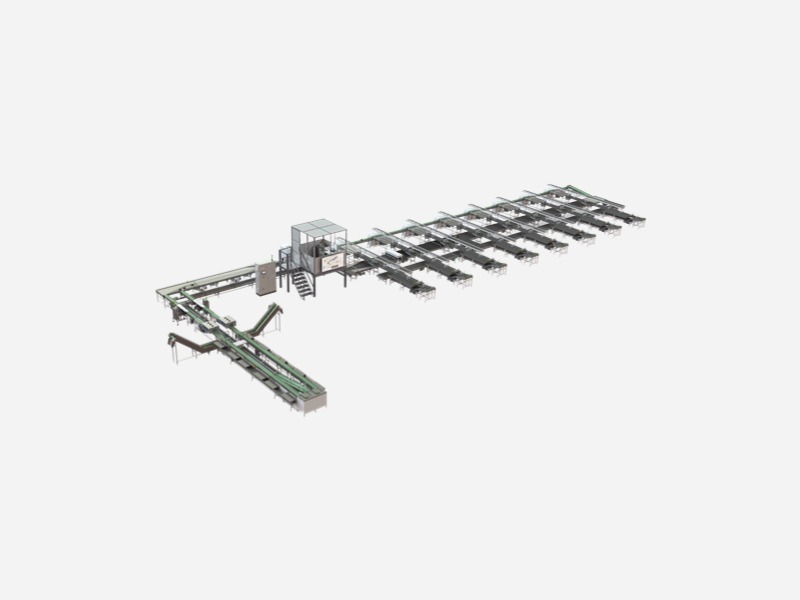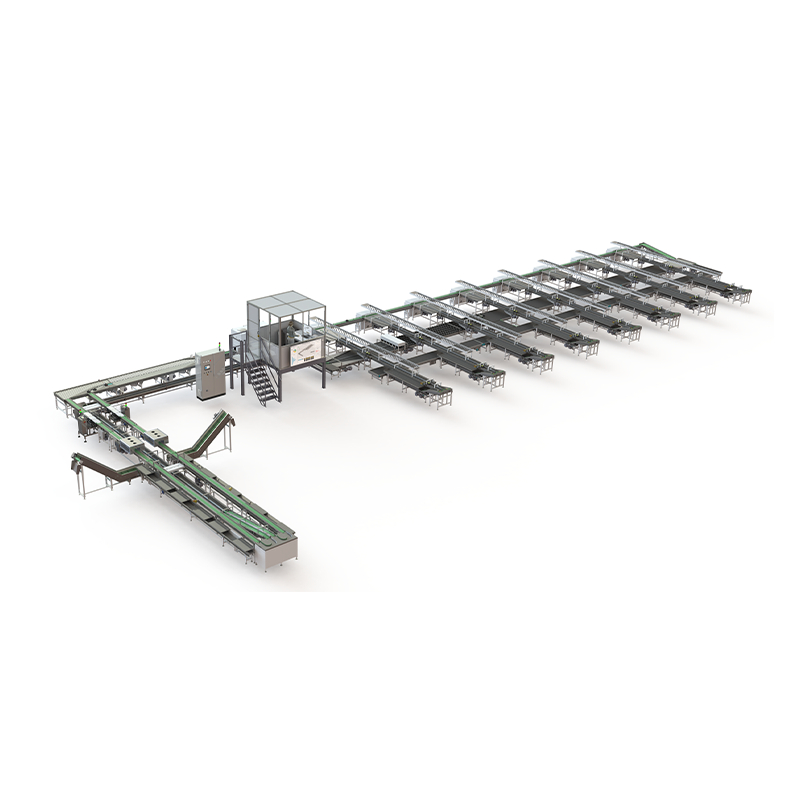
Did you know that approximately 30% of the world’s fruit production is wasted due to improper sorting and grading? This staggering statistic highlights the critical importance of effective fruit sorting techniques in ensuring quality, reducing waste, and enhancing marketability. In this article, I will delve into the intricate world of fruit sorting, exploring its attributes and advantages.
The Essence of Fruit Sorting: Attributes and Advantages
Fruit sorting refers to the systematic process of categorizing fruits based on specific criteria such as size, color, shape, ripeness, and overall quality. The primary attributes associated with fruit sorting include precision in classification and efficiency in processing. By implementing advanced technologies like optical sensors and machine learning algorithms, producers can achieve a higher level of accuracy in identifying defects or inconsistencies within batches. One significant advantage is that improved sorting leads to enhanced consumer satisfaction through consistent product quality while simultaneously minimizing food waste by redirecting subpar fruits for alternative uses.
Find more about no till grain drill.
No-Till Grain Drill: An Advantageous Approach to Fruit Sorting
The no-till grain drill represents an innovative agricultural practice that complements traditional methods of fruit cultivation by promoting soil health while facilitating efficient planting processes. One key advantage lies in its ability to reduce soil erosion significantly; this preservation enhances not only crop yield but also contributes positively towards sustainable farming practices. Additionally, utilizing a no-till approach minimizes disruption to existing ecosystems which can lead to healthier plants capable of producing superior-quality fruits—ultimately benefiting the entire supply chain from farm to table.
Agma-Toyar: Distinctive Advantages Explored

The Agma-Toyar system presents several noteworthy advantages when integrated into modern agricultural practices:
- Enhanced Efficiency: Its automated features streamline the sorting process considerably compared to manual labor.
- Increased Accuracy: Utilizing cutting-edge technology ensures precise identification of various fruit characteristics.
- Sustainability Focused: Reduces reliance on chemical treatments by allowing for better selection at harvest time.
- Cuts Down Labor Costs: Automation reduces workforce requirements without compromising output quality.
- Diverse Applications: Suitable for various types of produce beyond just fruits—expanding its utility across different sectors within agriculture.
A Conclusive Overview on Fruit Sorting’s Advantages
In conclusion, it is evident that effective fruit sorting plays a pivotal role in enhancing product attributes while offering numerous advantages throughout the agricultural supply chain. From improving consumer satisfaction through consistent quality assurance to fostering sustainability via innovative practices like no-till drilling or systems such as Agma-Toyar—the benefits are multifaceted. As we continue advancing our methodologies within agriculture, embracing these technologies will undoubtedly pave the way toward more efficient production systems that prioritize both economic viability and environmental stewardship.

